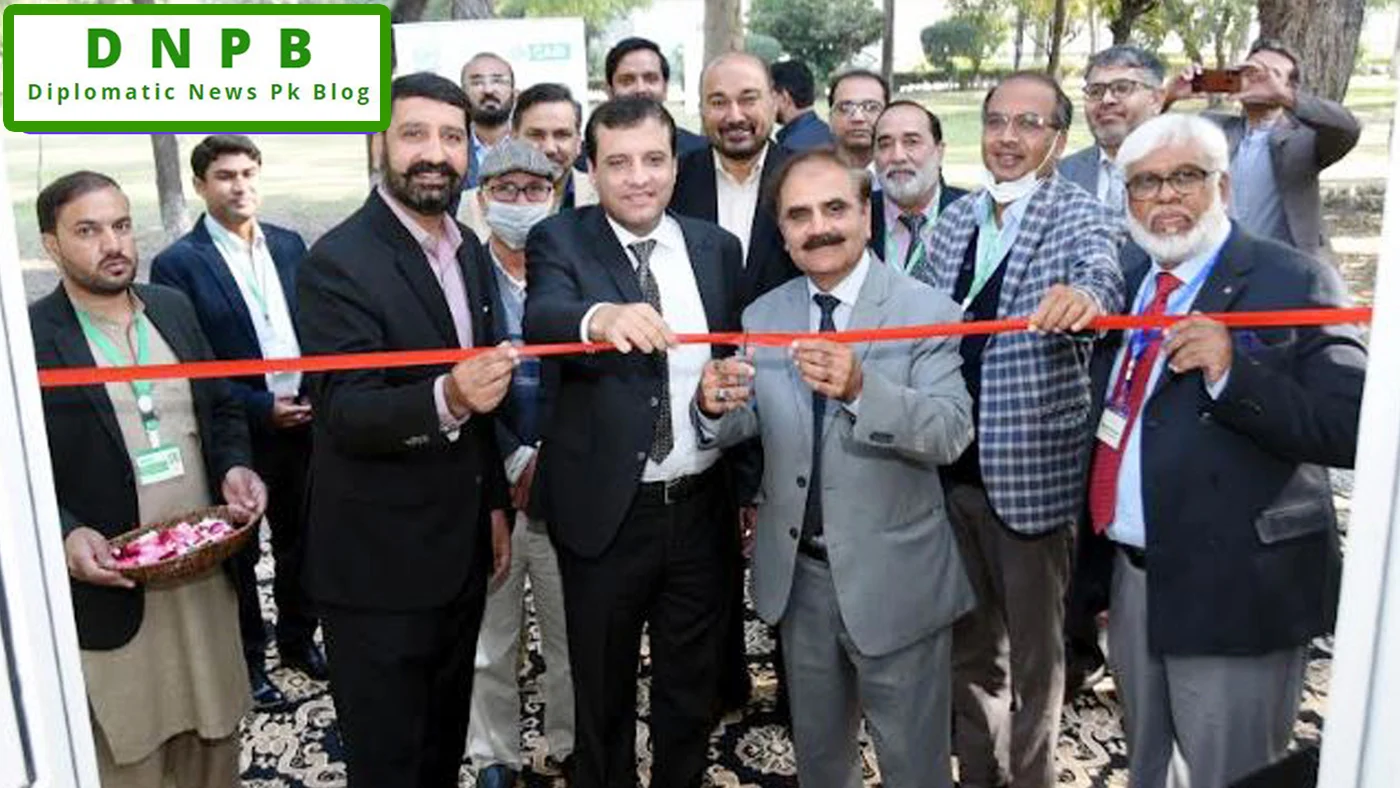ISLAMABAD, NOV 30: CABI in Pakistan has increased its capacity to fight against threats of invasive species by establishing a quarantine facility at its Regional Bioscience Centre, Rawalpindi, Pakistan.
The new quarantine facility will help to prevent the growth and spread of parthenium weed and new invasive threats in future, by providing appropriate facilities to enable investigation of effective imported biological control options to manage the invasive pests.
While inaugurating the quarantine facility Chairman PARC Dr Ghulam Muhammad Ali lauded the step taken by CABI and said that this new facility in Pakistan will be the foundation on initiation of a classical biological programme in Pakistan. It is need of the time to build the capacity of our national scientists on the protocols of quarantine procedures and research.
Dr. Babar E. Bajwa, Senior Reginal Director, Asia narrated that this quarantine facility is IPPC PEQ-2 level facility which is first of its kind in Pakistan. It will allow scientists to investigate a range of biocontrol options for invasive species management in country.
Followed by the inauguration ceremony, CABI conducts virtual road show event entitled ‘Bio-Protection Consultations in Pakistan – a hybrid event’ at CABI Regional Bioscience Centre, Rawalpindi. The aim of the event to engage the stakeholders in consultations for introduction and application of biological-based pest management approaches in country.
CABI facilitate the process which should lead to closer collaboration between Pakistan and a number of selected biocontrol manufacturers from Europe and China. Pakistan, currently, has yet to register a single commercial biological control product however this will change in the future and this initiative should help contribute to the process.
To materialize this, CABI, PARC, PCPA and Crop Life join hands to improve investment in crop protection in Pakistan. Speakers were of the view that registration of biocontrol products will generate millions of dollars business and create opportunities for investors and businessmen.
Chairman PARC briefly described Pakistan’s agriculture policy in the context of crop health and current-status and implementation of pest management approaches in a number of different crops in country.
Dr. Bajwa said on the event that this is a two-way learning process which provides an opportunity for national agriculture system to revamp their crop protection strategy by encouraging biocontrol products.
He also highlighted that digital exhibition rooms were created and offered to the biocontrol manufacturers so that they would be able to introduce their company operations and distribution of their products to the participants.
-----------------------------------------------------

Post a Comment